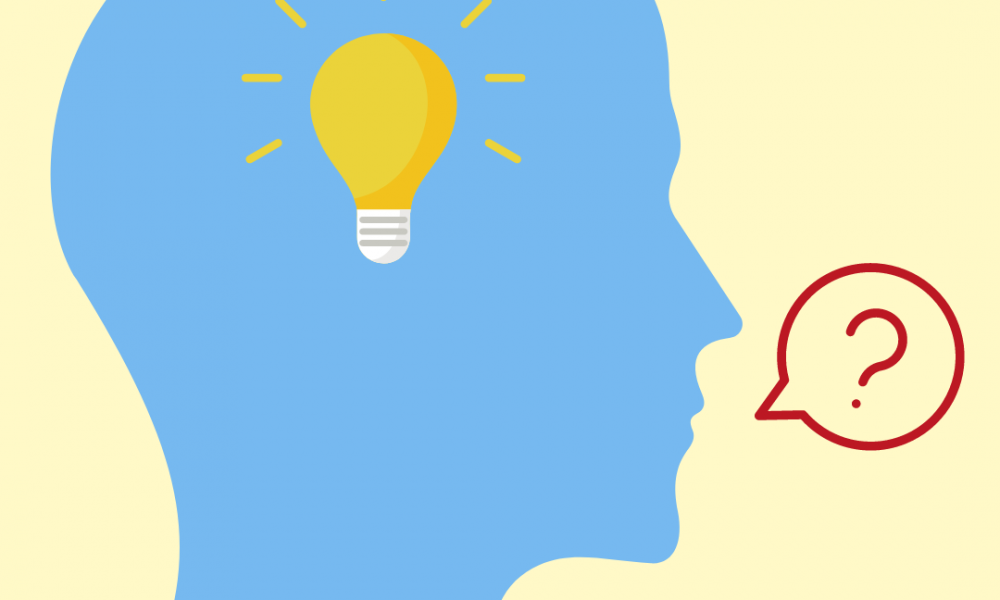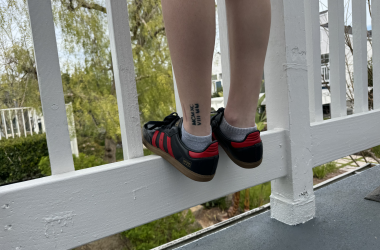In the United States, speaking another language is something you share as a fun fact at school, or if you want to impress someone. Despite the country’s diversity, being able to speak another language isn’t common unless you come from an immigrant family or are an immigrant yourself.
Languages like Spanish, Mandarin, Cantonese and Tagalog, among others, are commonly spoken in the United States, so they aren’t received with as much fanfare as they would have decades ago.
I speak Amharic, which is the official language of Ethiopia, a country in East Africa, and one among over 80 languages spoken in the country. Unlike the other languages I mentioned, people don’t often know what language I’m referring to.
While sharing that fun fact can make one feel just a little bit cooler or just a little unique; the reality is that it’s incredibly difficult to speak an uncommon language.
Children of immigrants born in the United States often suffer from the phenomenon of receptive bilingualism. That means that they can understand the language spoken by their family better than they can actually speak it.
If the language in question was Spanish, one would be able to understand the Spanish spoken, but could only respond in English.
While that is still a skill in itself, speaking holds a lot power, and first-generation children are more susceptible to losing aspects of their culture that they don’t have access to.
In my case, I grew up being able to understand Amharic. My speaking of it could be compared to a child, though. I was only able to repeat standard greetings without fail, but anything past that was heavily accented. I strung a bunch of words together in the hopes that I’d form coherent sentences.
It wasn’t until 2020 that I had free time to actually sit and think about the future of my connection to my culture. I see language as the strongest link to culture, and once you begin to lose that, your connection is in jeopardy.
I never wanted to be someone claiming an ethnicity that I no longer had a link to. I took the time to research and formulate a plan to learn my language.
I had almost no luck for weeks, and Amharic isn’t even that unpopular compared to other languages. All the resources I found weren’t intended for heritage speakers, and the remaining resources were either outdated or just lacking in content.
Eventually, I found a website called TeacherOn where tutors from countless countries post their resumes, and you are able to scroll through for your language and tutors. I was able to find a great tutor for Amharic and start actually learning my language.
Although I wouldn’t call myself fluent now, I’m significantly better than I was before. Only a few years into my language-learning journey, I can feel my world expanding; I finally understand my parents’ fast-paced conversations with my family back in Ethiopia.
Even my connection to said family members has strengthened. There was always a language gap growing up due to my inability to speak Amharic. I can now actually hold conversations with my cousins that delve past surface-level greetings.
It was hard for me to accept years ago that I wasn’t as good of a speaker as I claimed to be. I took the leap and faced my own insecurities to try and improve, not just for myself, but for my family and for my future.




